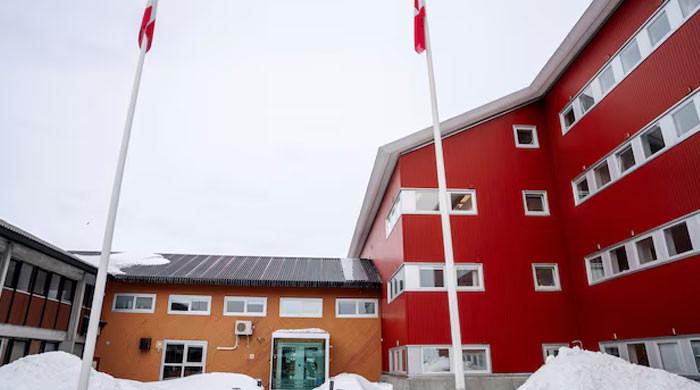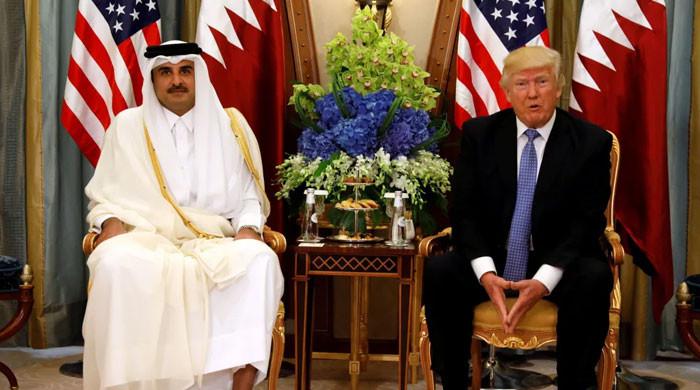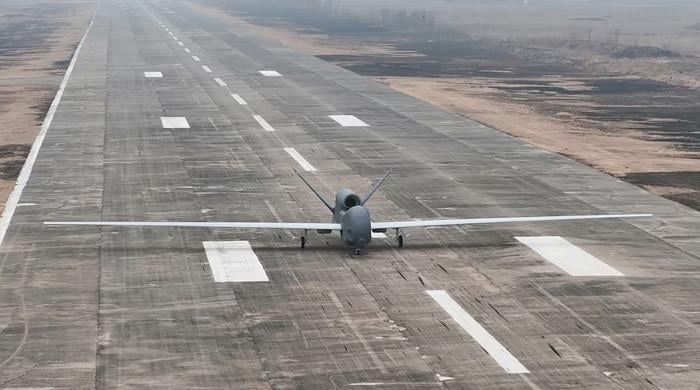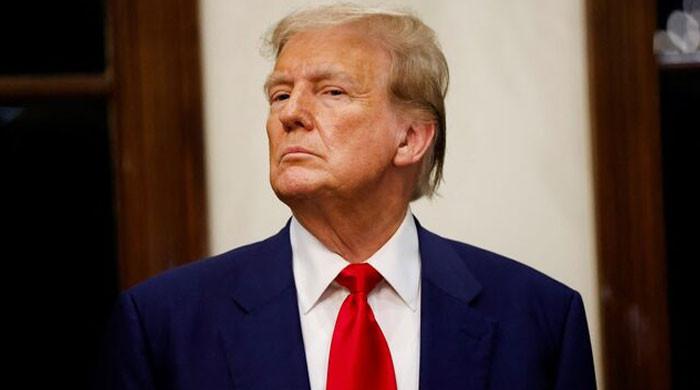Canadian intelligence corroborates Indian involvement in Nijjar's murder
Intelligence "was also provided by anonymous ally in Five Eyes intelligence alliance", states report
September 22, 2023

- Anonymous ally in Five Eyes also provided intelligence: report.
- "Signal, human intelligence" corroborates claims of India's involvement.
- KTF's Hardeep Singh Nijjar was killed in June in Canada's Surrey.
After Prime Minister Justin Trudeau held India responsible for killing a Canadian national on its soil, the country's media reported that there is considerable evidence based on "signal and human intelligence" with the government that corroborates the claim the leader made earlier this week.
According to the Canadian news agency CBC report, the gathered intelligence included communications involving Indian officials themselves, including Indian diplomats present in Canada.
The report, which cited sources from the Canadian government, also noted that the intelligence did not only come from Ottawa "but was also provided by an anonymous ally in the Five Eyes intelligence alliance".
The leader of the Khalistan Tiger Force (KTF), Hardeep Singh Nijjar, was killed in June outside a gurdwara in Surrey, Canada.
New Delhi and Ottawa asked the other's senior diplomat to leave the country as the Indian decision of expulsion reflected its "growing concern at the interference of Canadian diplomats in the internal matters and their involvement in [anti-state] activities", according to the foreign ministry.
"We call upon the government of India to work with us to establish processes to uncover the truth of this matter and to allow for justice and accountability to be served," PM Justin Trudeau said Thursday on the sidelines of the United Nations General Assembly in New York.

The row comes after a summit of G20 held in India in which both the Prtime Ministers reported to have discussed the issue raised by the Canadian leader.
The report stated further that when asked further off the record, no Indian official denied the bombshell allegation at the core of this case — that there is evidence to suggest Indian government involvement in the assassination of a Canadian citizen on Canadian soil.
"I can assure you that the decision to share these allegations on the floor of the House of Commons … was not done lightly," Trudeau said in New York after attending the UNGA 78.
"It was done with the utmost seriousness."
The 51-year-old did not release the information to corroborate his allegations that led him Monday to name India as a perpetrator behind the killing suggesting that would be left for courts to make public should the case ever go to trial.
The fallout prompted a forceful denial from India, which said any suggestion it played a role in Nijjar's killing was "absurd."
India also stopped handling visa applications in Canada, blaming "security threats" which they said were "disrupting" the work of their officials and sought a reduction of Canadian diplomatic staff in India.

Trudeau insisted Thursday that his government "is not looking to provoke or cause problems" when asked why Canada's allies' reactions to the allegations appeared muted.
Western powers led by the United States have been courting India for years, seeing a natural ally in the billion-plus democracy as concerns mount about China.
"There is no question that India is a country of growing importance and a country that we need to continue to work with," Trudeau said.
"But we are unequivocal around the importance of the rule of law and unequivocal about the importance of protecting Canadians," he emphasised.
Trudeau requested the Indian government's help, saying he merely wanted to ensure the safety of Canadians.
"We demand that the Indian government take this issue seriously and ensure that justice is served in this case. I'm going to keep working to keep Canadians secure."
He also said to have discussed his concerns with PM Modi in a "direct and frank" chat.
"We have an independent justice system and robust processes that will follow its course and we call upon the government of India to engage with us to move forward on getting to the truth of this matter," Trudeau had added.











